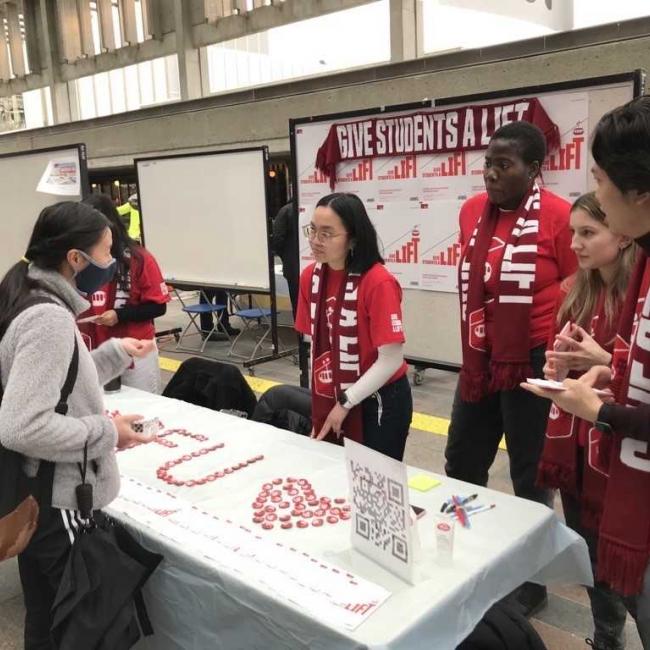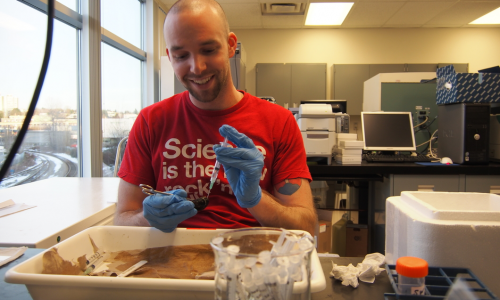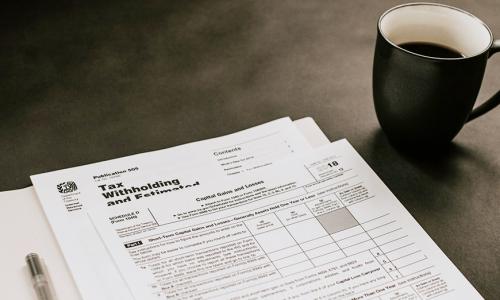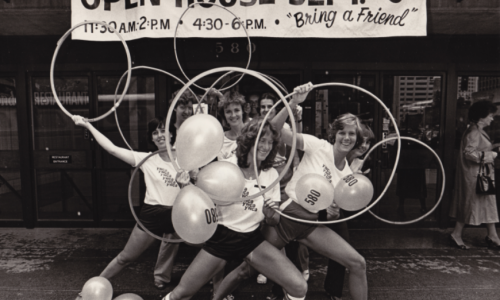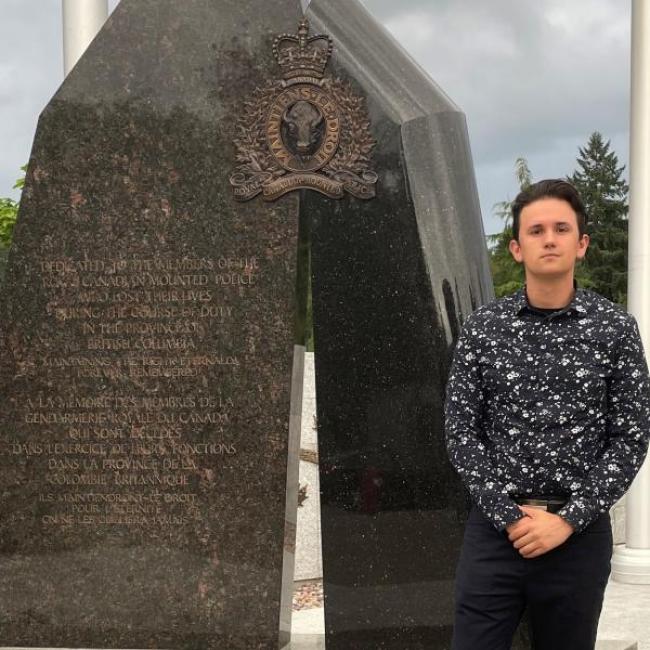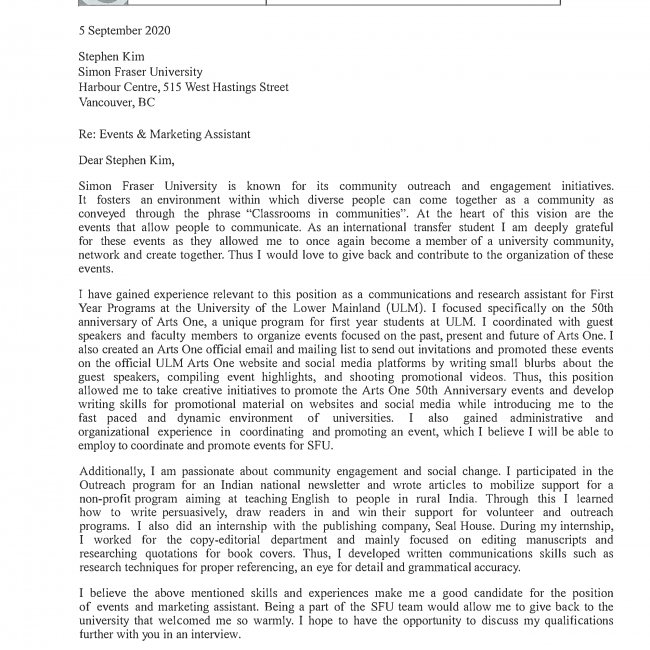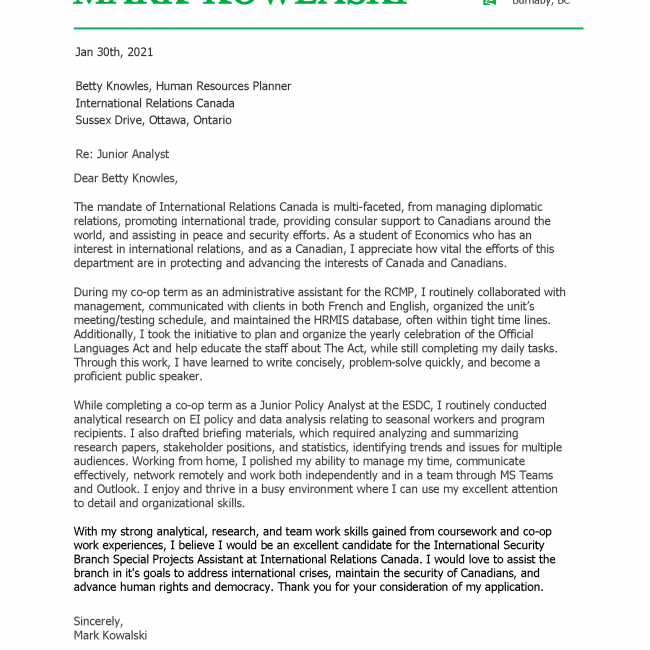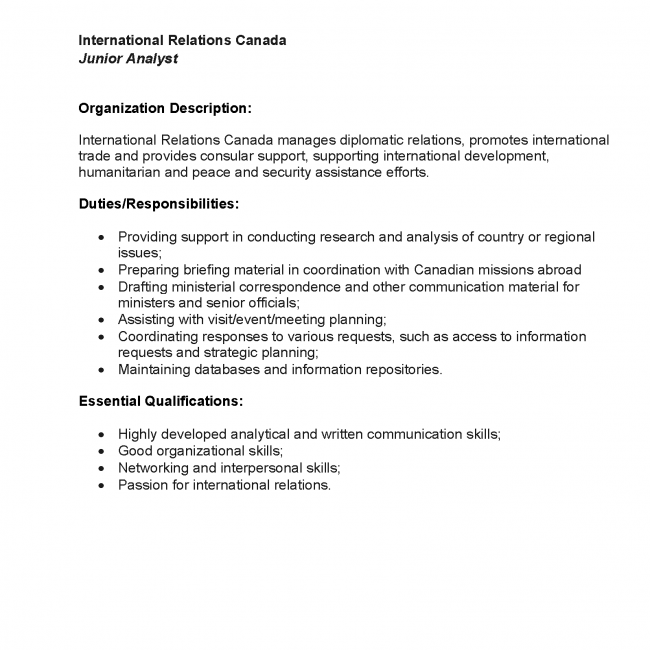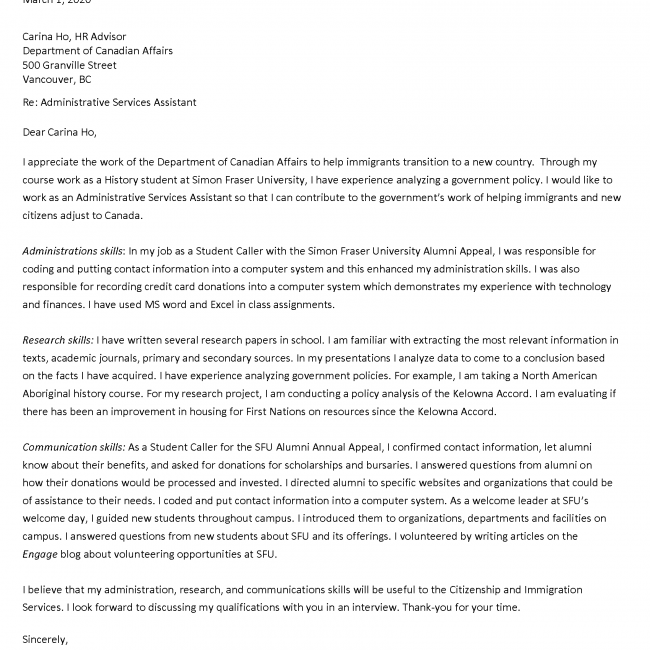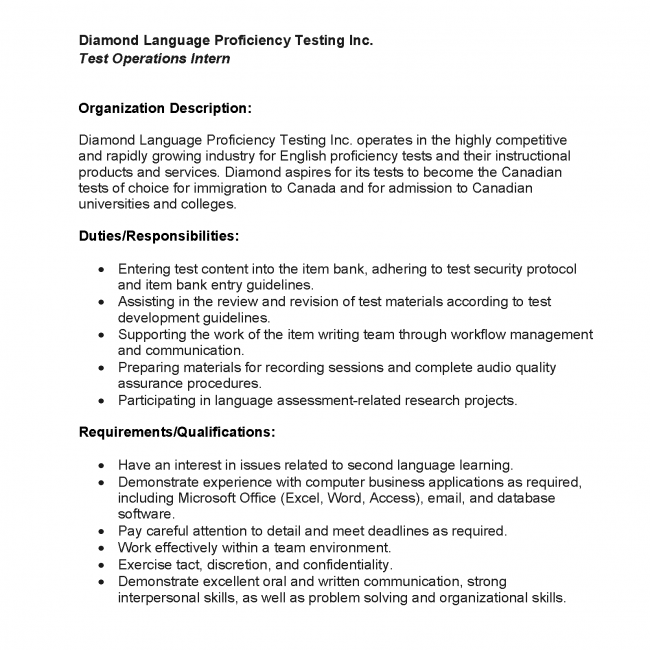
At around a year old, you likely learned to walk. It wasn’t easy. Many times you would have pulled yourself up and been amazed that you were tottering upright, only to come crashing down to the floor, which fortunately wasn’t very far away. It may have hurt and you may have screamed and clenched your little baby fists in frustration. If you could have formed a coherent thought, it would have probably been “Why is this so hard?” But you didn’t stop, you kept at it, and as a result you mastered a very useful skill - walking!
Now, think about your interview experience. You were probably really excited when you got an interview invitation, but if you didn’t get the job, it may have hurt. Maybe you even screamed and clenched your fists, thinking “Why is this so hard?” But you need to keep at it. Being able to interview well is a very useful skill to master.
Dealing With Your Emotions
Here are some tips to help you deal with the emotions that come as a result of not getting a position you really wanted:
- Accept that in your job search, you will likely face more rejections than acceptances. Rejections are part of the job search, just like falling is a part of learning to walk.
- It’s O.K. to let yourself feel bad … for a while … but don’t let a job rejection cause you to wallow in your past failures.
- Don’t take a job rejection personally. Not getting a job is not a reflection of your professional worth, it just means you weren’t the perfect match for that particular position.
- If you find yourself kicking yourself over and over again, do something to take your mind off it. Distract yourself. Go out for a hike and marvel at how well you walk. Go and see a movie. Or reward yourself. Celebrate the fact that you made it to the interview stage. Buy a pair of shoes, eat some fancy ice cream, whatever will cheer you up.
- Know that you are not the only one feeling the way you feel. Others have had the same experience and felt the same way.
- Understanding the Decision
But why, you might be asking. Why didn’t I get the job? I was perfect for that position! The interviewers liked me and my answers were brilliant! Well, here are some potential reasons:
-
You might have had the basic qualifications they were looking for, but someone else might have been more qualified than you.
-
There may have been many applicants and only one position. The interviewers might have really liked you, and if they had more positions available, they would have hired you.
-
The interviewer may have been wrong. Interviewers are human, and sometimes they make the wrong decision.
-
The interviewer may have been right. An interviewer takes into account the work environment, who you would be working with, who the supervisor is and their personality, and maybe you wouldn’t have been a good fit and would not have been happy in the position.
-
You may not have had the background you needed and you would have struggled in the position and not had a good experience.
Be Reflective and Proactive
Once you have picked yourself up, eaten some ice cream (or chocolate or fill in the blank) and come to terms with not being selected, now it’s time to be reflective and proactive.
Be reflective:
-
Look back on your interview. For next time, is there anything that you would do differently? Would you do more research on the company you are interviewing for? Did you demonstrate how you met the criteria for the job? Were there questions you struggled to answer? Don’t forget to take note of what you did well too so that you can repeat those things again.
Be proactive:
-
Start applying for other jobs. As they say “there are other fish in the sea,” or in this case, there are other jobs on myExperience.
-
Next time you have an interview, make sure you focus on preparation. Researching the company is a great place to start. Be familiar with their web site, read co-op work reports from previous students in that position if they are available (check with your co-op department), and think of examples from your previous positions to show you would be able to do the job. Focus on your strengths and qualifications! Schedule a practice interview with your Co-op Coordinator or Student Advisor.
Some Inspiration
If you are still feeling a little down, here are some things to consider.
-
Just because you didn’t get the position you interviewed for, this is not an indicator that you won’t get the next one or the next one. If one interviewer says "no," it doesn’t mean the next interviewer won’t say "yes."
-
If you only apply to one job, there is only one chance of rejection, but then again there is only one chance of acceptance. The best way to increase your odds of getting a position is to apply to a lot of positions. There will be more chance of rejection, but more chance of acceptance too.
One last thought to keep in mind – it is rare that a great opportunity will have no chance of rejection. Often the best opportunities have the highest chance of rejection. So keep at it. Interviewing is a skill, and it is a skill that will serve you well for the rest of your working career. Think of the interviews you have done when you didn’t get the position as practice, and with practice you will improve. Really, learning to walk was probably a lot harder.











